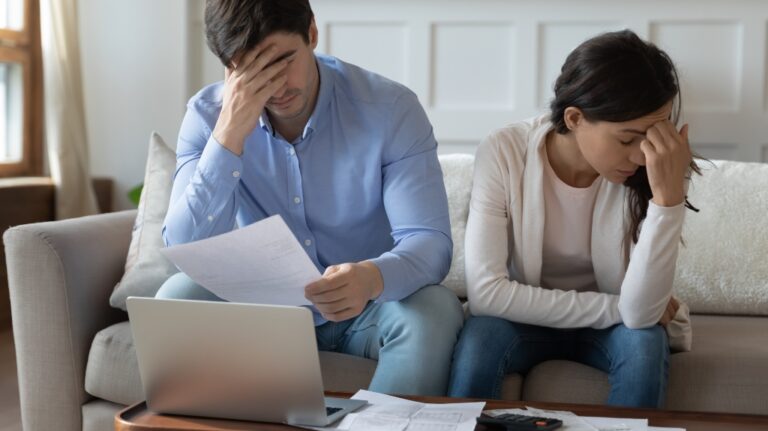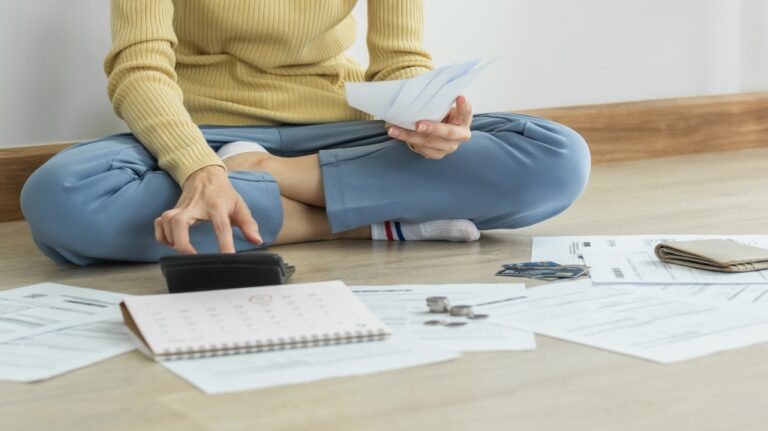Filing for bankruptcy can be a stressful and overwhelming experience, especially when you’re worried about losing your valuable assets. During your initial consultation with Attorney Lam, she will help you evaluate your current assets and discuss with you how these assets can be protected before going any further. She understands the importance of asset protection and will stress the importance of disclosing all of your assets honestly and fully. Fortunately, bankruptcy exemptions exist to help you protect certain property and belongings during the process. In South Carolina, these exemptions can play a crucial role in safeguarding your assets and providing you with a fresh financial start.
What is an Exemption?
In bankruptcy, an exemption is a legal provision that allows you to keep certain property even if you file for bankruptcy. This means that the bankruptcy trustee cannot sell these assets to pay off your creditors. Exemptions are designed to ensure that you have the necessary resources to maintain a basic standard of living after bankruptcy.
South Carolina Bankruptcy Exemptions
South Carolina offers a variety of exemptions that you may be able to use to protect your assets. Some of the most common exemptions include:
- Homestead Exemption: This exemption allows you to protect a certain amount of equity in your home. The amount of the exemption varies depending on your circumstances.
- Vehicle Exemption: You can typically exempt a certain amount of equity in your primary vehicle.
- Personal Property Exemption: This exemption allows you to protect a certain amount of value in personal belongings, such as clothing, furniture, and appliances.
- Retirement Accounts: In many cases, retirement accounts, such as 401(k)s and IRAs, are fully exempt from bankruptcy.
- Tools of the Trade: If you use certain tools or equipment to earn a living, you may be able to exempt them from bankruptcy.
- Wildcard Exemption: South Carolina also offers a wildcard exemption, which allows you to protect a certain amount of equity in any property you choose.
How to Use Exemptions
To use exemptions in your South Carolina bankruptcy filing, you will need to list your assets and claim the appropriate exemptions on your bankruptcy forms. It’s important to carefully review the exemption laws and make sure you claim all the exemptions you are entitled to. If you have questions or concerns about which exemptions to claim, it’s a good idea to consult with a bankruptcy attorney. At Lam Law Firm, we will thoroughly examine each asset that you own, and place a fair market value on these assets. Attorney Lam will then let you know if there are exemptions to protect all the assets that you would like to keep.
Maximizing Your Exemptions
There are several strategies you can use to maximize your exemptions and protect as many assets as possible. For example, you may be able to convert non-exempt assets into exempt assets before filing for bankruptcy. You can also use the wildcard exemption to protect assets that are not covered by other specific exemptions.
Conclusion
Bankruptcy exemptions can be a valuable tool for protecting your assets and achieving a fresh financial start. If you’re considering filing for bankruptcy in South Carolina, it’s important to understand the available exemptions and how to use them effectively. By working with a knowledgeable bankruptcy attorney, you can navigate the complexities of the bankruptcy process and ensure that your rights are protected. Contact us today to speak with a South Carolina bankruptcy attorney and start figuring out your best path forward.






